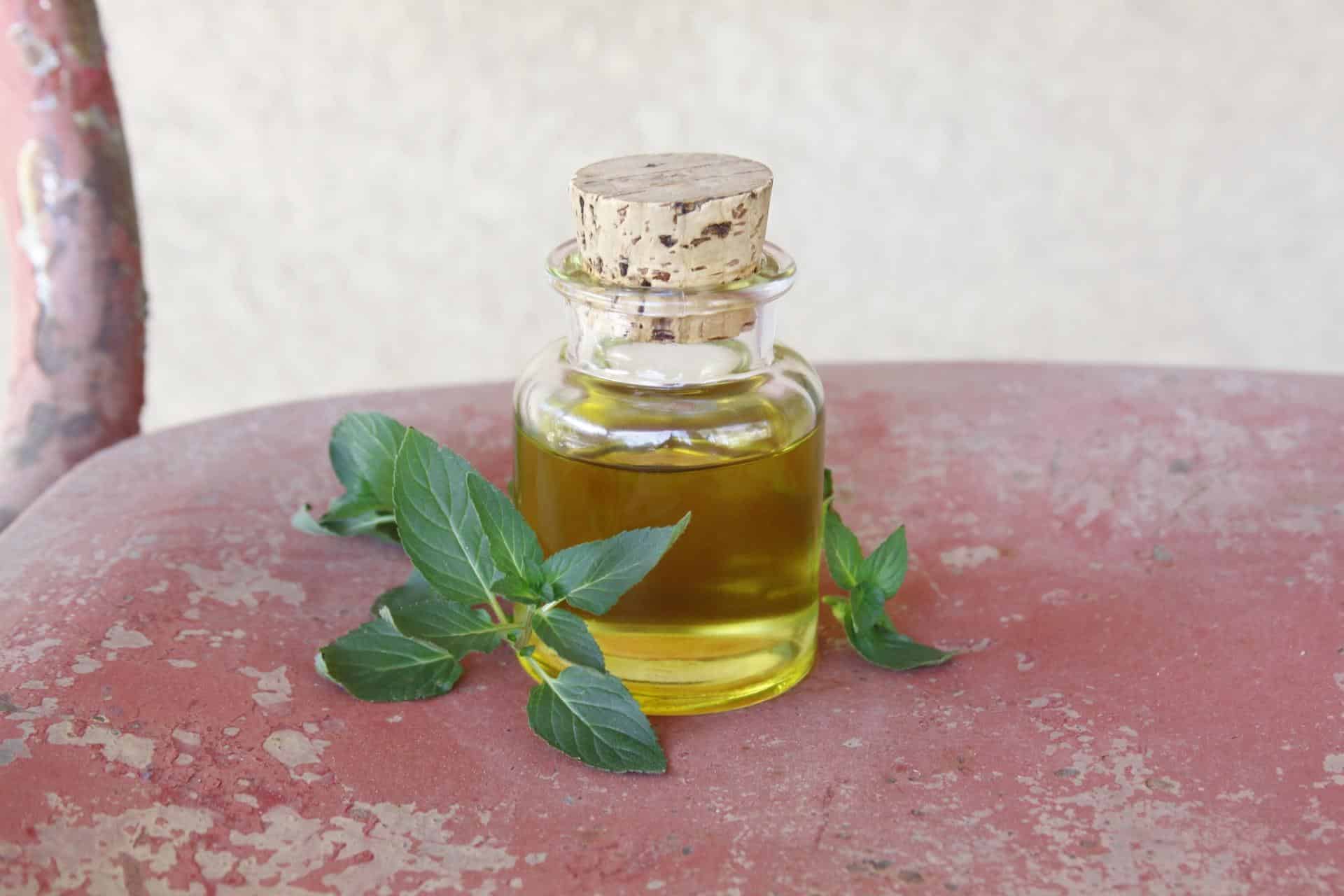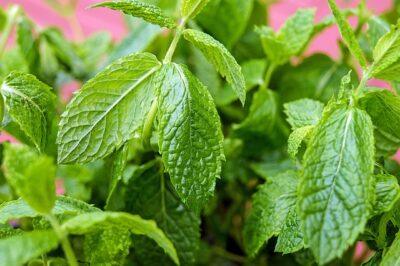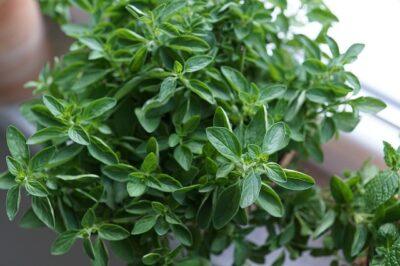As an essential oil practitioner, there are several oils that I use more often than others. This is because these essential oils are extremely versatile, with each having multiple uses.
Here is a list of what I consider the six most versatile essential oils you can buy. Stored property, they can last several years.
1. Tea tree.
Tea tree essential oil is native to Australia and has a hot, spicy, nutmeg-like, medicinal aroma.
Tea tree was named by Captain Cook’s crew, who brewed the small, dark leaves as a tea. Its astounding healing properties were used by the Aborigines. During World War II, medics recognized its powerful germicidal and antiseptic effects.
Tea tree is a powerful antiseptic and kills bacteria, fungi and viruses. It is great for treating cuts, burns, chicken pox, acne, cold sores, halitosis (bad breath), insect stings, blisters, head lice and rashes. It is useful in fighting fungal and yeast infections, as well.
For household uses, tea tree can be utilized as an anti-microbial laundry freshener, insect repellent, mold remover, natural deodorant, foot deodorizer and general cleaner.
2. Lavender.
Lavender essential oil is native to Europe and Australia and has a fresh, sweet, herbaceous and floral scent.
Lavender has been used for many centuries but became popular with the Romans, who used it to scent baths and for healing.
It is used frequently in soaps, perfumes and potpourri.
Lavender essential oil has both stimulating and relaxing properties, as it calms, invigorates, refreshes and lifts the spirits. It has powerful antiseptic, analgesic and healing effects, as well.
Learn How To Make Powerful Herbal Medicines, Right in Your Kitchen!
In aromatherapy, it is great for treating depression, stress, anxiety and insomnia. Try using it in an oil diffuser or in a hot bath.
In massage therapy, it is perfect for reducing aches and pains, including headaches. It has been used to reduce labor pains for centuries. It is ideal for healing burns, cuts, rashes, and also is used to treat dermatitis, acne and scars.
3. Peppermint.
Peppermint grows worldwide and is part of the mint family, and has a fresh, minty and menthol aroma.
Mint was prized in Japan and China for centuries and has been found in Egyptian tombs dating back to 1000 BC. Traditionally, people drank it as a tea or chewed the leaves to cure complaints of the stomach or to calm nerves.
Peppermint is invigorating, stimulating, refreshing, cooling and clears the head.
Peppermint essential oil is perfect for treating general aches and pains, headaches and muscular pains, since it is an analgesic and has a warming quality.
It is also good for mental fatigue, symptoms of a cold, morning sickness, indigestion, travel sickness, varicose veins, sunburn, insect bites, nausea, indigestion, PMS and menopausal hot flashes.
Use peppermint oil as a massage blend, in baths, in an oil diffuser or as a compress. A few drops on a tissue can clear your head, whether you’re suffering from a cold or mental fatigue, and also can relieve symptoms of nausea and headaches.
4. Rosemary.
Rosemary is grown in England, the Mediterranean, China and California for cultivation purposes. The oil has a fresh, green, woody and slightly minty smell.
Rosemary is ideal as an antiseptic and astringent. It is a natural analgesic and warming oil. Furthermore, it is invigorating but calming and is a great cleansing oil.
Rosemary essential oil is perfect for treating aches, pains and headaches because of its analgesic properties, and it warms the body. It also aids in increased blood circulation and reducing fluid retention. Furthermore, it is good for anxiety, nervousness, breathing problems, coughs, fatigue and as a mental pick-me-up.
Use rosemary essential oil in massage blends, hot baths and oil diffusers — or simply inhale from a tissue. It can also be used as a natural insect repellent and is safe for the garden, as well.
5. Oregano.
Oregano is an herb that is grown worldwide. Oil of oregano has a warm, sweet and spicy aroma.
It has been used since ancient times. Hippocrates wrote extensively about oregano, praising its healing properties. The ancient Greeks used oregano oil for the treatment of wounds, headaches, the common cold, insect bites and snake bites.
Oregano oil is an antimicrobial which inhibits the growth of bacteria and fungi. It also has anti-viral, antiseptic, antioxidant and anti-inflammatory properties.
Oregano essential oil has many uses. They include relief in muscle soreness, prevention of sickness, fighting infection and treating congestion or colds. It also battles psoriasis, eczema, nail fungus, ringworm, acne, athlete’s foot, dandruff, arthritis, skin tags and warts.
The oil can be blended to use as a hand sanitizer, natural insect repellent, mouthwash, laundry detergent or as a natural household cleaner.
6. Helichrysum.
Helichrysum is native to the Mediterranean region, where it has been used medically for thousands of years. The oil has a strong, straw-like scent with a honey undertone.
Helichrysum has a lot of full-body benefits due to its anti-inflammatory, antibacterial, antifungal and antioxidant properties. It is also known as a natural antibiotic and analgesic.
It relieves aches, pains, headaches, symptoms of arthritis — and is anti-inflammatory. It also is a skin antibiotic and is anti-fungal. Furthermore, the oil aids in sunburn relief, acne treatment, hemorrhoid relief, liver stimulation and works to detoxify. It is a natural immune system booster, too.
Helichrysum essential oil is expensive, so it is OK to buy it already blended with a carrier oil. Once blended, the best way to use this essential oil is to massage it right onto the affected area.
As always, make sure your oils are 100 percent pure and diluted properly!
These are my most-used oils. However, I also use ─ and you might want to check out ─ lemon, geranium, clove, clary sage, thyme, frankincense, basil, bergamot, eucalyptus and wintergreen essential oils. All of these oils have tons of healthy and practical uses, as well!
This article is for informational purposes only and is not intended to diagnose or cure any particular health condition. Please consult with a qualified health professional first.
What are your favorite versatile essential oils? Share your advice in the section below:
 Off The Grid News Better Ideas For Off The Grid Living
Off The Grid News Better Ideas For Off The Grid Living







